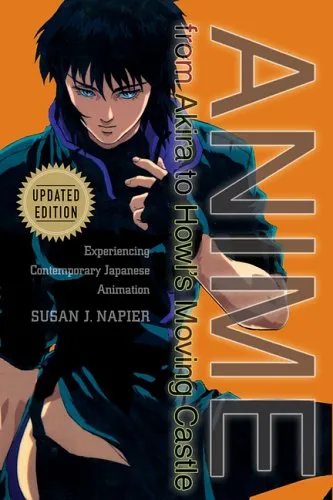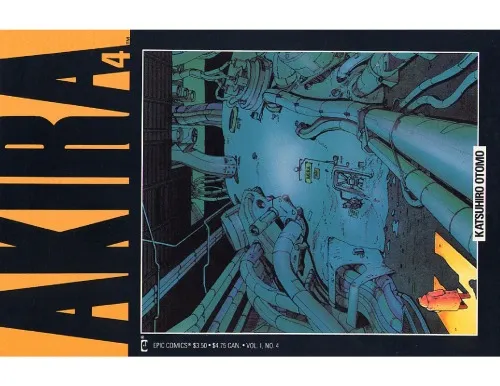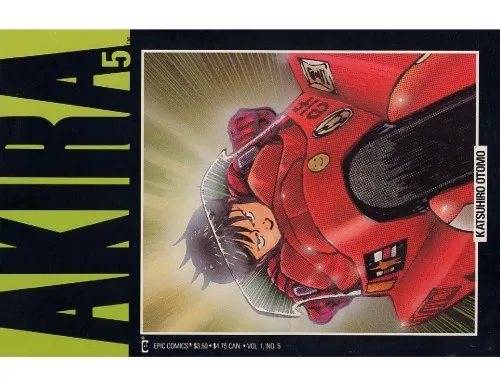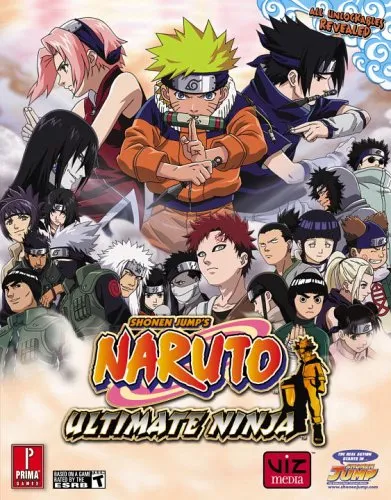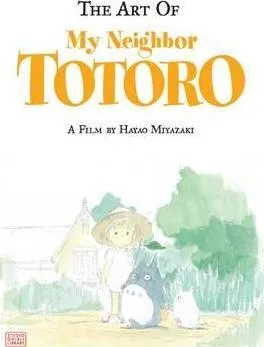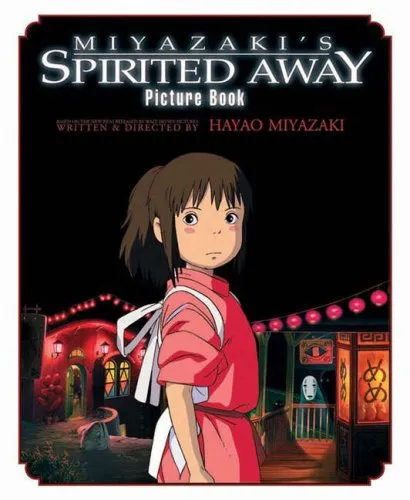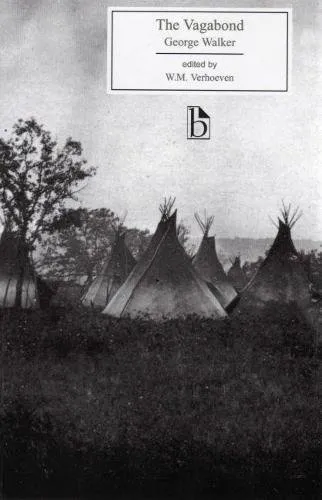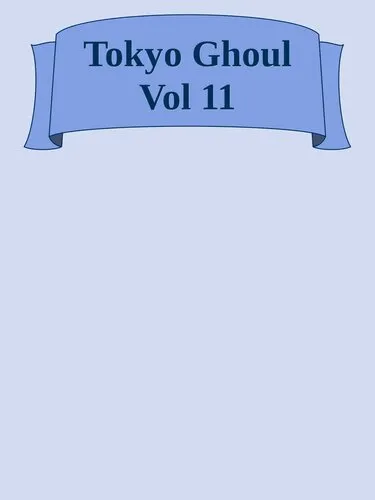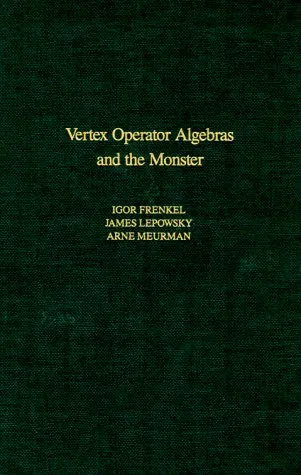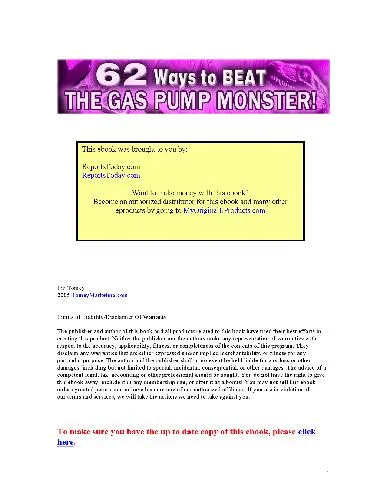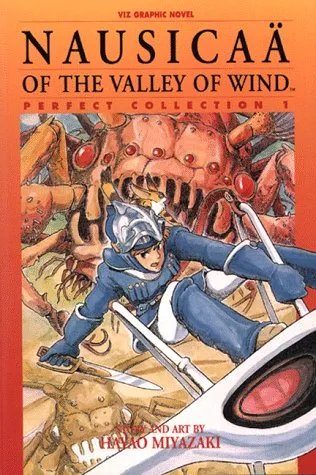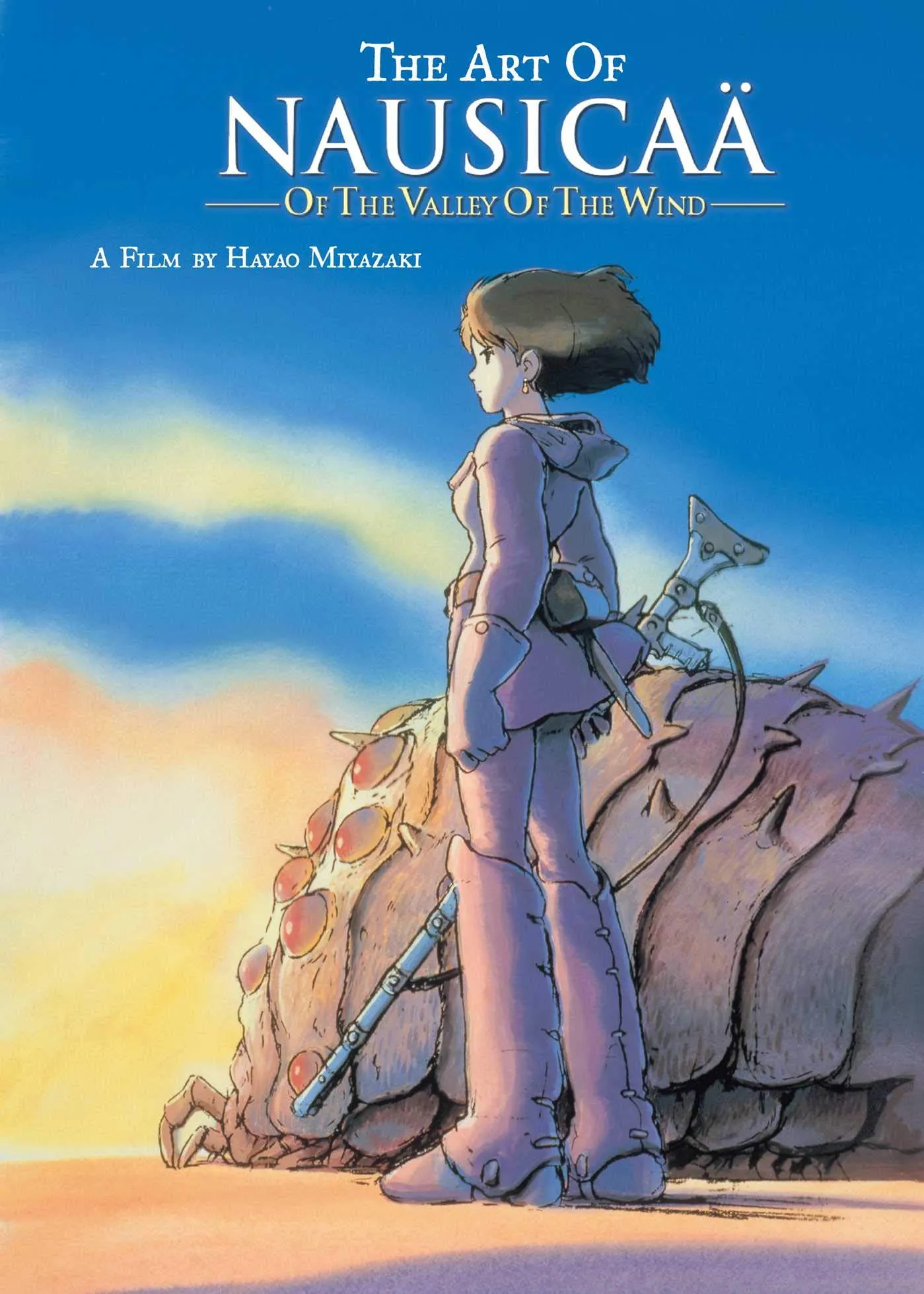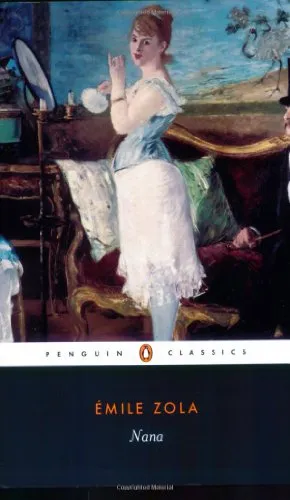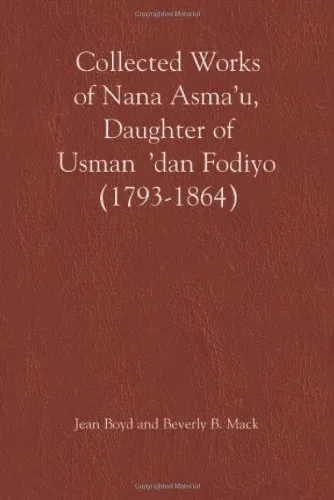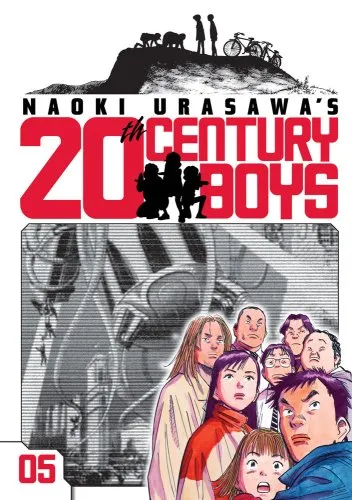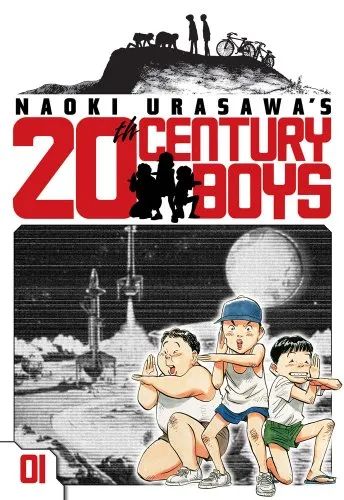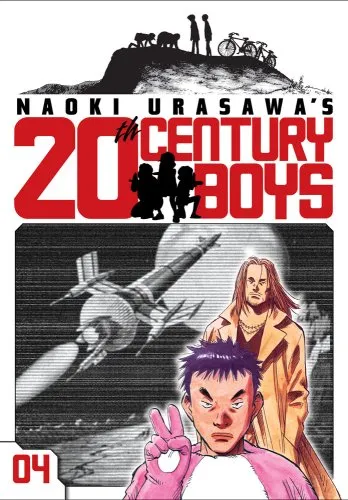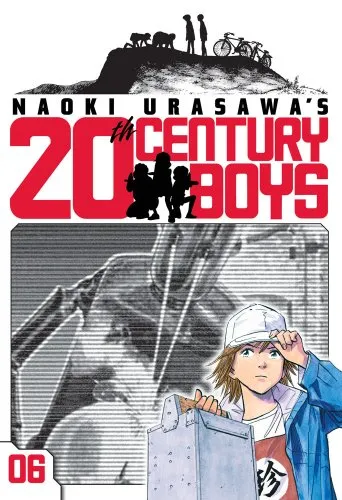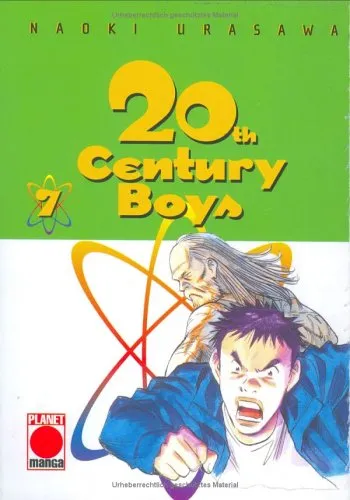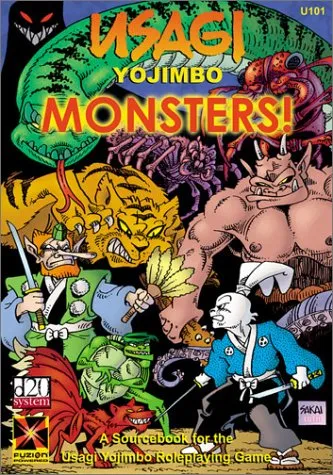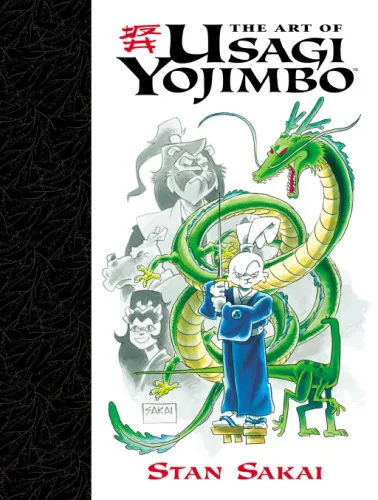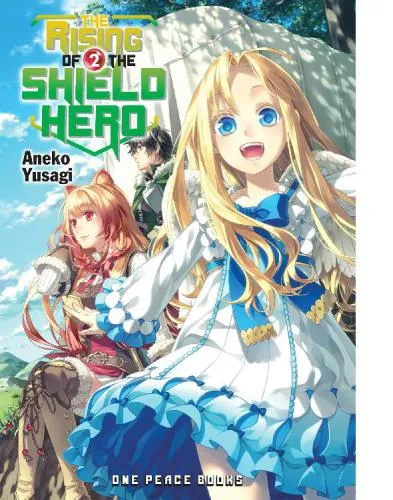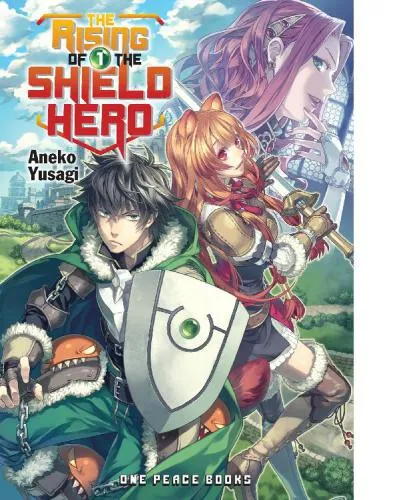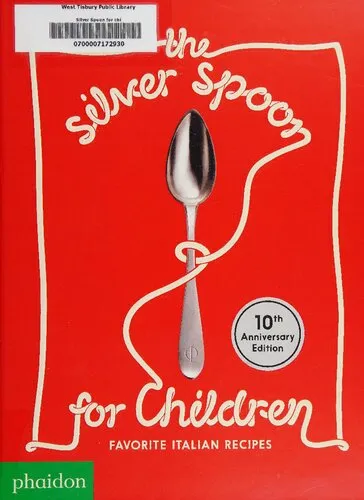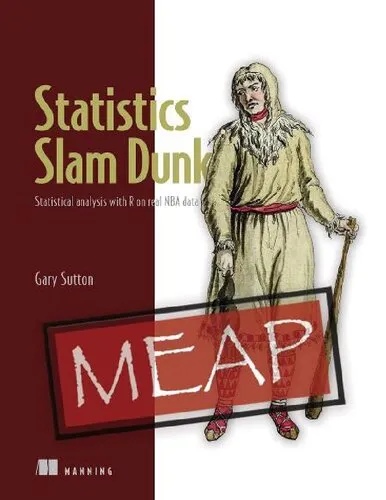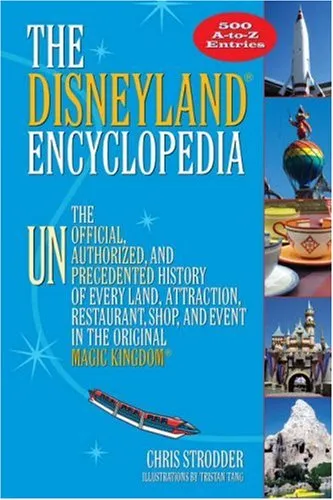Cliffsnotes Nana
4.0
Reviews from our users

You Can Ask your questions from this book's AI after Login
Each download or ask from book AI costs 2 points. To earn more free points, please visit the Points Guide Page and complete some valuable actions.Related Refrences:
Introduction to CliffsNotes on Nana
Welcome to the CliffsNotes guide on Émile Zola's Nana, an indispensable resource for students and literature enthusiasts seeking to understand one of the most provocative novels of the 19th century. This guide will offer you a comprehensive overview, including a detailed summary, key takeaways, some of the most famous quotes from the book, and an exploration of why this book remains relevant today.
Detailed Summary
Émile Zola’s novel Nana, published in 1880, stands as a monumental work of the naturalism literary movement and is the ninth novel in the twenty-volume series known as the Rougon-Macquart cycle. The story is set during the Second French Empire and provides a poignant critique of the society and culture of that era.
The novel centers around Nana Coupeau, an alluring and scandalous character who rises from humble beginnings to become a renowned courtesan in Paris. Zola explores her life through the lens of morality, power, and the socio-economic dynamics of 19th century France. Nana's ascent is symptomatic of the decay and moral bankruptcy of French society, acting as a mirror to the vanity and self-indulgence of her aristocratic admirers.
Throughout Nana, Zola intricately describes the world of theater, the exploits of the rich, and the desperate struggles of the poor, painting a vivid picture of a society in decline. The novel is notable for its rich detail and profound psychological insights, as Zola masterfully balances Nana's seductive prowess and the susceptibility of her clientele, highlighting the destructive consequences these interactions have on all involved.
Key Takeaways
- Zola's use of naturalism to depict the causes and effects of Nana's actions is a key aspect of the novel.
- The novel critiques the excesses and moral decay of the Second Empire, reflecting societal issues that remain relevant today.
- Nana embodies both the power and vulnerability inherent in her role, making her a complex and enduring figure in literature.
- Zola's comprehensive portrayal of society offers insights into class disparities, the role of women, and the impacts of wealth and poverty.
Famous Quotes from the Book
"She became, momentarily and unknowingly, the spectral image, the ghastly visionary icon, of all the luxuries and vices that society harbored."
"Money was the great force, the irresistible lever, but there was a greater mystery, glistening on every surface, within every hollow three tears, three glimmers, three frightful pearls called Fame."
Why This Book Matters
Nana is far more than a story about an individual woman's exploits; it is a cutting social commentary on the glamour, corruption, and ultimate hollowness of the Second Empire. Zola uses the character of Nana to dissect the era's moral and ethical frameworks, presenting readers with a vivid portrayal of ambition unchecked by conscience. The novel's exploration of societal vices speaks to timeless themes of excess and moral disintegration, resonating with contemporary audiences and offering a window into the past that is both enlightening and cautionary.
Zola's unflinching approach to storytelling and his commitment to portraying the stark realities of life mark Nana as a pivotal work in literature. Its significance endures, influencing countless discussions on class, gender, and power, while continuing to captivate and challenge readers with its enduring relevance and compelling narrative.
Free Direct Download
You Can Download this book after Login
Accessing books through legal platforms and public libraries not only supports the rights of authors and publishers but also contributes to the sustainability of reading culture. Before downloading, please take a moment to consider these options.
Find this book on other platforms:
WorldCat helps you find books in libraries worldwide.
See ratings, reviews, and discussions on Goodreads.
Find and buy rare or used books on AbeBooks.
1388
بازدید4.0
امتیاز0
نظر98%
رضایتReviews:
4.0
Based on 0 users review
Questions & Answers
Ask questions about this book or help others by answering
No questions yet. Be the first to ask!


